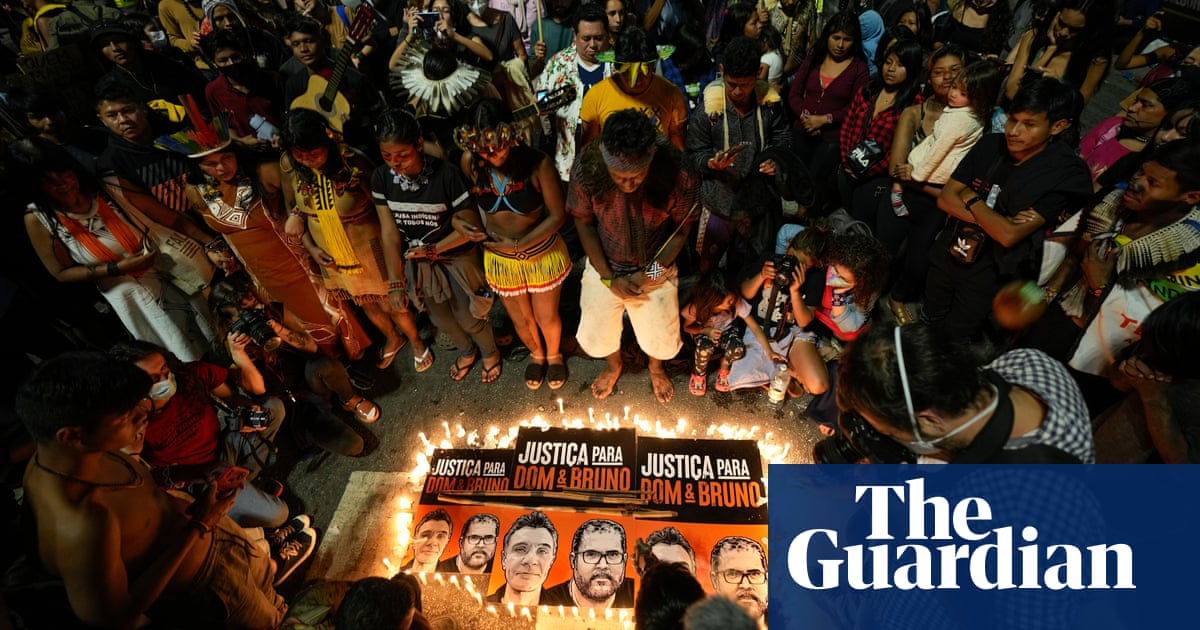Almost four out of every 10 journalists covering the climate crisis and environment issues have been threatened as a result of their work, with 11% subjected to physical violence, according to groundbreaking new research.
A global survey of more than 740 reporters and editors from 102 countries found that 39% of those threatened “sometimes” or “frequently” were targeted by people engaged in illegal activities such as logging and mining. Some 30%, meanwhile, were threatened with legal action – reflecting a growing trend towards corporations and governments deploying the judicial system to muzzle free speech.
The global survey by Internews’ Earth Journalism Network (EJN) and Deakin University is the first-of-its-kind scrutiny of the challenges faced by journalists covering arguably the most pressing – if not existential – issues of our time.
The Covering the Planet report (PDF link) includes in-depth interviews with 74 journalists from 31 countries about what help they need to do a better job reporting extreme weather, plastics pollution, water scarcity, and mining as global heating and unchecked corporate greed pushes the planet to its limits.



This is the best summary I could come up with:
Almost four out of every 10 journalists covering the climate crisis and environment issues have been threatened as a result of their work, with 11% subjected to physical violence, according to groundbreaking new research.
A global survey of more than 740 reporters and editors from 102 countries found that 43% of those threatened “sometimes” or “frequently” were targeted by people engaged in illegal activities such as logging and mining.
Some 30%, meanwhile, were threatened with legal action – reflecting a growing trend towards corporations and governments deploying the judicial system to muzzle free speech.
The global survey by Internews’ Earth Journalism Network (EJN) and Deakin University is the first-of-its-kind scrutiny of the challenges faced by journalists covering arguably the most pressing – if not existential – issues of our time.
Many rely on funding from non-profits that are often tied to particular subjects, yet journalists would prefer the freedom to cover the most locally relevant climate environmental topics.
“The journalists surveyed are steadfast in their dedication to reporting on how climate change and environmental crimes are negatively impacting both people and the planet – but they desperately need more support,” said James Fahn, executive director of the Earth Journalism Network.
The original article contains 564 words, the summary contains 200 words. Saved 65%. I’m a bot and I’m open source!